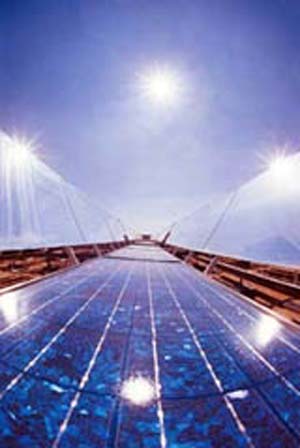
New Managing Director for Bellona Norway
The Board of the Bellona Foundation has appointed former Minister of Climate and the Environment Sveinung Rotevatn as Managing Director of Bellona No...
News

Publish date: November 30, 2005
Written by: Gunnar Grini
News
In the recent Green Paper on energy efficiency entitled Doing more with less, the European Commission set a goal for reducing and stabilising the energy demand in Europe to 1990-levels by 2020. To stimulate debate, the Commission put forward 25 questions to be commented on by interested parties. The Bellona Foundation addresses several of them in their response to the consultation and states that promoting energy efficiency needs to be a top priority as a response to the challenges of global warming, conservation of land and water areas and maintaining biodiversity.
Among the actions recommended by Bellona is the implementation of white certificates at EU level, ambitious energy demands for new buildings, implementation of a zero emission program for energy efficient technology, producer responsibility on buildings and a stronger emphasis on funding the use of innovative technology at a commercial scale.
The need for action
DG TREN of the EU Commission has stated that it is important that the Green Paper rapidly leads to concrete action. Following the consultation process the Commission believes that an Action Plan should be drawn out in 2006, outlining the specific actions to be taken at EU and national level, accompanied by cost-benefit analyses. In addition, the directive on energy end-use efficiency and energy services is expected to be approved by the Council in the beginning of 2006. This means that Member States will be obliged to reduce their total energy use by at least one percent each year from 2008 until 2013.

The Board of the Bellona Foundation has appointed former Minister of Climate and the Environment Sveinung Rotevatn as Managing Director of Bellona No...

Økokrim, Norway’s authority for investigating and prosecuting economic and environmental crime, has imposed a record fine on Equinor following a comp...

Our op-ed originally appeared in The Moscow Times. For more than three decades, Russia has been burdened with the remains of the Soviet ...

The United Nation’s COP30 global climate negotiations in Belém, Brazil ended this weekend with a watered-down resolution that failed to halt deforest...